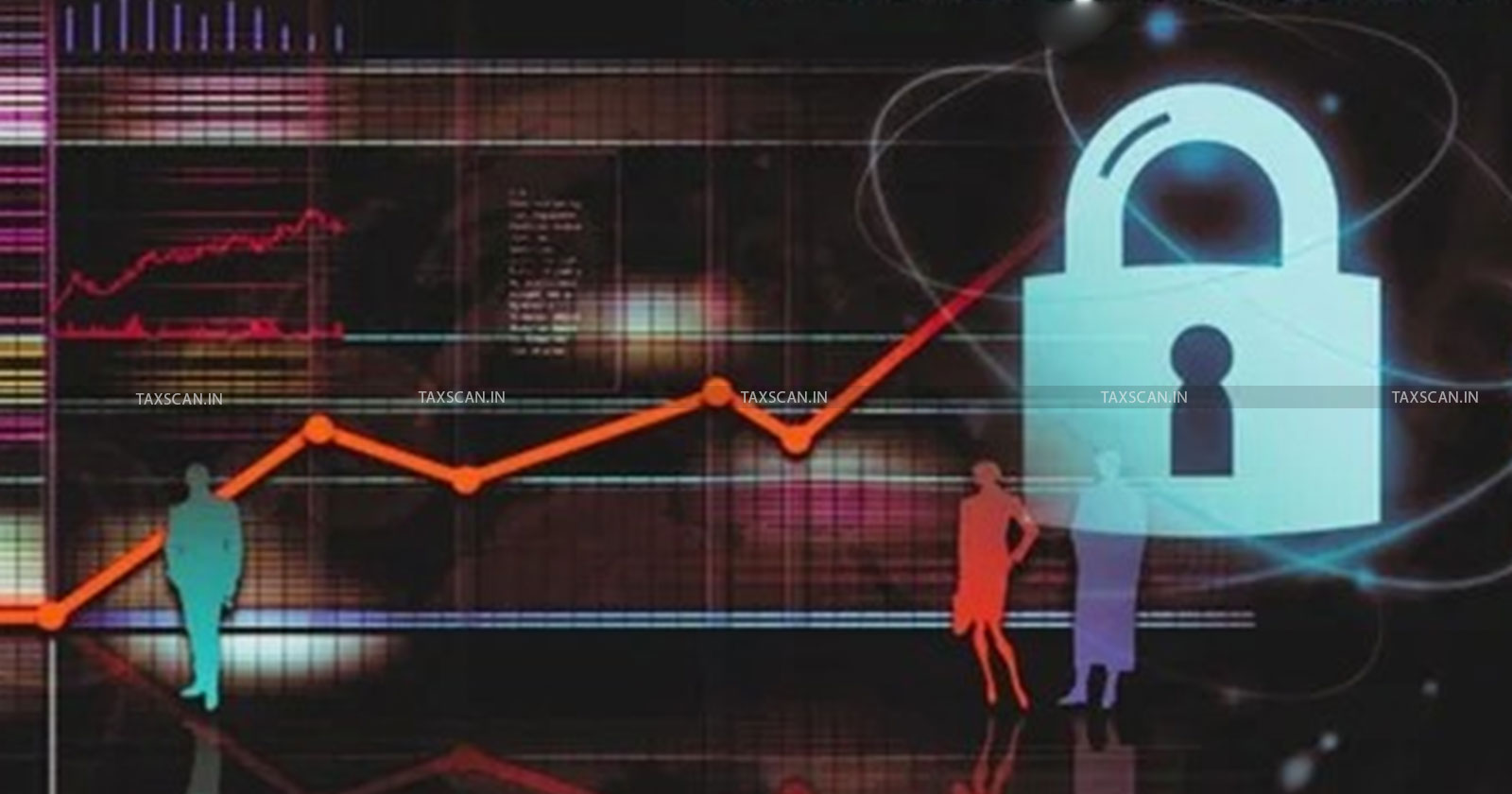Illegal Freezing of Demat Account of Doctor: Bombay HC directs SEBI, BSE and NSE to Compensate with Rs. 50 Lakhs within 2 Weeks [Read Order]
The case centred around the freezing of the Doctor’s Demat accounts, an action that the court found to be illegal and unjustified.

Illegal Freezing – Demat Account – Doctor – Bombay HC directs SEBI, BSE – NSE – TAXSCAN
Illegal Freezing – Demat Account – Doctor – Bombay HC directs SEBI, BSE – NSE – TAXSCAN
The Bombay High Court recently directed the Securities and Exchange Board of India (SEBI), along with the Bombay Stock Exchange (BSE) and the National Stock Exchange (NSE), to pay a compensation of Rs. 50 lakhs to Dr. Mehta within two weeks for illegal freezing of his demat account.
The case centred around the freezing of Dr. Mehta's Demat accounts, an action that the court found to be illegal and unjustified.
Dr. Mehta, a senior citizen and a medical practitioner, had his Demat accounts frozen by the National Securities Depository Limited (NSDL) under the directives of SEBI.
Detailed discussion on filing of ITR-7 | Join Now
This action was based on his historical classification as a promoter of Shrenuj & Company Ltd., a company that he was associated with in 1989 when it was incorporated.
The court noted that while Dr. Mehta had subscribed to some shares in the company, he had no involvement in its management or operations and held only a negligible shareholding by the time the freezing order was issued.
The division bench of Justices G. S. Kulkarni and Firdosh P. Pooniwalla, observed that the freezing of Dr. Mehta's account was not only unwarranted but also grossly unfair, as it was based on outdated assumptions about his role in Shrenuj & Company Ltd.
Detailed discussion on filing of ITR-7 | Join Now
The judgement pointed out that Dr. Mehta was never involved in the company's management, nor did he have any control over its operations. He was merely a shareholder, and his association with the company had long ceased to be relevant.
The court also observed that the actions of SEBI, BSE, and NSE lacked the necessary procedural fairness. There was no prior notice or opportunity for Dr. Mehta to present his case before his accounts were frozen. This violation of the principles of natural justice further strengthened the court's view that the freezing order was illegal.
The judgement criticised the regulatory authorities for not distinguishing between active promoters and passive shareholders, leading to severe consequences for individuals like Dr. Mehta who had no active involvement in the company's affairs.
Detailed discussion on filing of ITR-7 | Join Now
Furthermore, the court questioned the legality of SEBI's regulations that allowed such actions, suggesting that these regulations might overreach the powers granted to SEBI under the law. The court highlighted that while SEBI has broad powers to regulate the securities market, these powers must be exercised within the bounds of fairness and reasonableness, particularly when they affect individual rights.
In conclusion, the Bombay High Court's ruling not only rectifies the harm done to Dr. Mehta but also sets an important precedent that serves as a strong reminder to regulatory bodies that their actions must be grounded in legality, fairness, and with due respect for individual rights.
Detailed discussion on filing of ITR-7 | Join Now
The compensation of Rs. 50 lakhs is a significant recognition of the injustice Dr. Mehta faced and reaffirmed the judiciary's role in upholding the rule of law.
To Read the full text of the Order CLICK HERE
Support our journalism by subscribing to Taxscan premium. Follow us on Telegram for quick updates


